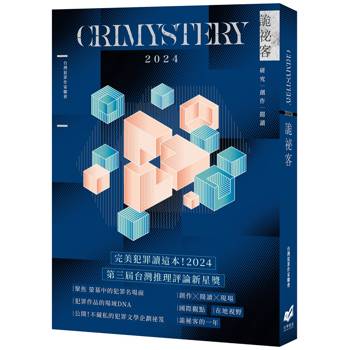Trust, Power and Public Sector Leadership: A Relational Approach provides a critical theoretical treatment of trust in the realm of public management and governance. The public trust agenda is an antidote to rampant bureaucratic control and, in particular, the marketization and instrumentalization associated with New Public Management. The book approaches trust from a relational perspective that draws on insights from trust research, modern sociology and organization and management theory, while lending support to developments in New Public Governance. It provides a theoretical framework that distinguishes between institutional, economic, moral and relational trust and shows how a relational perspective is able to incorporate insights from the other paradigms in an inclusive approach to trust processes. Apart from providing a theoretical reading of the workings of trust in public organizations, the book addresses how trust relates to power and control along with notions of debureaucratization, post-bureaucratic organization and post-heroic leadership. It also shows how the trust agenda, in theory and practice, is related to social capital and thus efforts to strengthen social relations and collaboration in and around public organizations. Speaking of practice, the book takes its empirical point of departure in the Danish public sector. However, the aim of the book is not to promote the High trust Danish case as a benchmark or best practice. The aim is to theorize and help make sense of this particular experience by applying general theory to it and extracting general insights - with broader application - from its particular manifestations and outcomes. There is a need for more elaborate theorizing about trust and power in a public sector setting, and the Danish experience is useful as a starting point for this ambition.
| FindBook |
有 1 項符合
Trust, Power and Public Sector Leadership: A Relational Approach的圖書 |
 |
Trust, Power and Public Sector Leadership: A Relational Approach 作者:Vallentin 出版社:Routledge 出版日期:2022-10-14 語言:英文 規格:精裝 / 176頁 / 普通級/ 初版 |
| 圖書館借閱 |
| 國家圖書館 | 全國圖書書目資訊網 | 國立公共資訊圖書館 | 電子書服務平台 | MetaCat 跨館整合查詢 |
| 臺北市立圖書館 | 新北市立圖書館 | 基隆市公共圖書館 | 桃園市立圖書館 | 新竹縣公共圖書館 |
| 苗栗縣立圖書館 | 臺中市立圖書館 | 彰化縣公共圖書館 | 南投縣文化局 | 雲林縣公共圖書館 |
| 嘉義縣圖書館 | 臺南市立圖書館 | 高雄市立圖書館 | 屏東縣公共圖書館 | 宜蘭縣公共圖書館 |
| 花蓮縣文化局 | 臺東縣文化處 |
|
|
圖書介紹 - 資料來源:博客來 評分:
圖書名稱:Trust, Power and Public Sector Leadership: A Relational Approach
|










